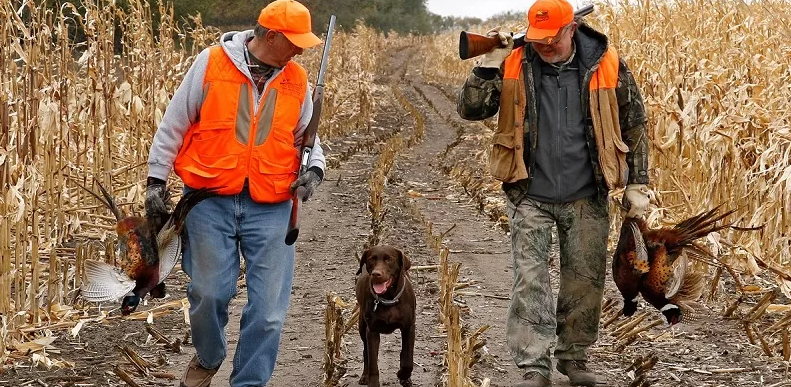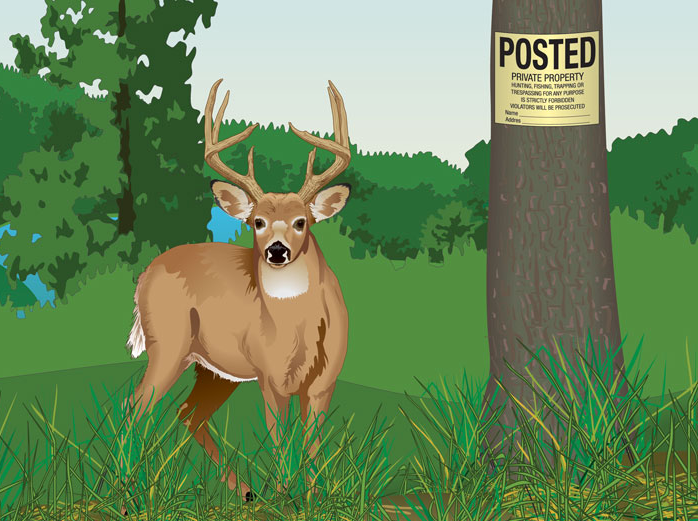How Do Game Conservation Laws Affect Hunters?
Game conservation laws play a crucial role in maintaining ecological balance and protecting wildlife populations. These laws are designed to regulate hunting practices and preserve the natural habitat of various game species. For hunters, adherence to conservation laws is not only a legal obligation but also an ethical responsibility towards wildlife preservation. In this article, we will explore how game conservation laws impact hunters and why they are essential for sustainable hunting practices.

Hunters
1. Understanding Game Conservation Laws:
a. Definition: Game conservation laws are regulations established by governments to control hunting activities and protect wildlife.
b. Purpose: These laws aim to ensure the survival and sustainability of game species while preserving their habitats for future generations.
2. Licensing and Permits:
a. Mandatory Licensing: Hunters are required to obtain hunting licenses and permits, ensuring they are knowledgeable about hunting regulations and responsible practices.
b. Controlled Harvest: Limited permits help control the number of animals harvested, preventing over-hunting and maintaining balanced populations.
3. Bag Limits and Seasonal Restrictions:
a. Bag Limits: Conservation laws set maximum limits on the number of animals hunters can harvest in a given period.
b. Seasonal Restrictions: Hunting seasons are established to protect species during sensitive times like breeding and migration.
4. Protection of Endangered Species:
a. Prohibition on Hunting Endangered Species: Conservation laws prohibit hunting endangered species to prevent further decline.
b. Conservation Efforts: Protection measures are enforced to promote the recovery and conservation of endangered game species.
5. Habitat Conservation:
a. Preservation of Natural Habitats: Game conservation laws aim to conserve the natural environments where game species thrive.
b. Ecosystem Preservation: Protecting habitats ensures the balance of ecosystems and benefits other wildlife species.
6. Poaching and Illegal Hunting:
a. Consequences of Poaching: Game conservation laws serve as a deterrent to poaching and illegal hunting activities.
b. Penalties: Poachers face severe penalties, including fines, imprisonment, and confiscation of equipment.
7. Ethical Hunting Practices:
a. Fair Chase Principle: Conservation laws promote ethical hunting practices, emphasizing fair chase and humane hunting methods.
b. Respect for Wildlife: Hunters are encouraged to respect wildlife and the environment during their hunting activities.
8. Contributions to Conservation Efforts:
a. Funding Conservation Initiatives: Hunting licenses and permits contribute to wildlife conservation efforts and habitat protection.
b. Conservation Organizations: Hunters often support conservation organizations that advocate for sustainable hunting and wildlife preservation.
9. Data Collection and Research:
a. Monitoring Wildlife Populations: Conservation laws aid in collecting data on game species, helping wildlife agencies make informed decisions.
b. Research and Management: Data-driven decisions support effective wildlife management and species conservation.
10. Public Education and Awareness:
a. Promoting Conservation Ethics: Game conservation laws help educate hunters and the public about responsible hunting and conservation.
b. Advocacy for Wildlife: Awareness campaigns encourage support for wildlife preservation efforts.
11. Sustainable Hunting for Future Generations:
a. Conservation Legacy: Adherence to conservation laws ensures that future generations can enjoy hunting opportunities and experience wildlife diversity.
b. Stewardship: Hunters are seen as stewards of the environment, helping maintain a delicate balance between human activity and nature.

How do game conservation laws affect hunters??
Game conservation laws have a profound impact on hunters, shaping their hunting experiences and responsibilities. By adhering to these laws, hunters contribute to the protection and sustainability of game species and their natural habitats. Compliance with hunting regulations ensures that the thrill of the hunt can be enjoyed for generations to come, fostering a deep respect for wildlife and the environment. Through responsible and ethical hunting practices, hunters play a crucial role in supporting wildlife conservation and the preservation of diverse ecosystems.